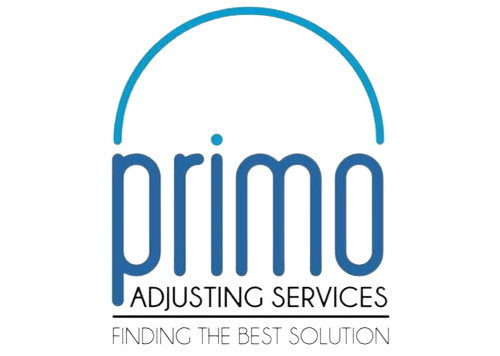SCHEDULE YOUR FREE INSPECTION TODAY - CALL US 786-740-8641
Palmetto Hurricane Milton Property Loss Experts
Managing the Aftermath of Hurricane Milton: Essential Steps for Property Owners in West Florida
With the recent passage of Hurricane Milton through West Florida, many homeowners are now facing the daunting task of assessing damage and navigating the recovery process. While hurricanes can bring significant destruction, understanding the steps to take afterward can make the journey toward recovery smoother. Here’s a comprehensive guide on how to handle property loss, file insurance claims, and access available resources.
Immediate Safety and Assessments
In the wake of a hurricane, your first priority should always be safety. Ensure that your property is safe to enter and be cautious of any hazards, such as downed power lines or unstable structures. Once it's safe, conduct a thorough assessment of your property, focusing on:
- Structural Integrity: Check for any signs of structural damage, including cracks in walls, ceilings, or foundations.
- Roof and Exterior: Look for missing shingles, leaks, or damage to the siding. Document any visible damage for your records.
- Flooding and Water Damage: Inspect your home for standing water and signs of water intrusion. Use a moisture meter if available to identify hidden moisture levels.
- Personal Property: Make a list of damaged personal belongings, including furniture, electronics, and appliances. Take photographs to document the condition of each item.
Understanding Your Insurance Policy
Once you’ve assessed the damage, it’s crucial to review your homeowners insurance policy. Familiarizing yourself with your coverage can help you understand what is and isn’t covered. Important areas to examine include:
- Hurricane and Wind Damage Coverage: This typically covers physical damage to your home caused by hurricanes, including wind and water damage.
- Personal Property Coverage: This covers your belongings within the home. Ensure you know the replacement costs versus actual cash value policies.
- Additional Living Expenses (ALE): If your home is uninhabitable, this coverage can help with costs for temporary housing and living expenses.
If you're unsure about your coverage, don’t hesitate to contact your insurance agent for clarification.
The Claims Process: Step-by-Step
After gathering all necessary information about the damage and understanding your coverage, the next step is to initiate the claims process. Here’s a clear roadmap to follow:
- Notify Your Insurance Company: Report your claim as soon as possible. Most insurers have a specific timeline for reporting claims following a natural disaster.
- Document Everything: Provide detailed documentation of the damage, including your assessment notes, photographs, and receipts for any repairs made.
- Complete the Claims Form: Fill out the necessary claims forms accurately and thoroughly. Incomplete forms can lead to delays or denial.
- Meet the Adjuster: Once your claim is filed, an insurance adjuster will visit your property. Be prepared to walk them through the damages and present your documentation.
- Follow Up: Stay in contact with your insurance company throughout the process. Regular follow-ups can help ensure your claim is being processed efficiently.
Common Missteps to Avoid
Navigating the claims process can be complicated, and there are several common missteps that homeowners should avoid:
- Delaying the Claims Process: Time is of the essence when filing claims. Delays can result in missed deadlines or reduced compensation.
- Underestimating Damage: Ensure you document all damage, no matter how small it may seem. Underestimating damage can lead to insufficient compensation.
- Neglecting to Review Policy Limits: Familiarize yourself with coverage limits to prevent surprises during the claims process.
Seeking Professional Assistance
If the claims process feels overwhelming, or if you encounter challenges with your insurance company, consider enlisting the help of a property damage adjuster. These professionals are skilled in navigating the complexities of insurance claims and can provide invaluable support by:
- Assessing Damage Accurately: A professional adjuster can help ensure that all damages are accounted for and properly valued.
- Negotiating with Insurers: They can advocate on your behalf, helping you receive fair compensation based on your policy.
- Reducing Stress: Having an expert on your side can alleviate some of the burdens associated with filing claims, allowing you to focus on recovery.
Resources for West Florida Homeowners
In addition to your insurance, there are many resources available to assist homeowners in West Florida following Hurricane Milton:
- FEMA: The Federal Emergency Management Agency offers vital resources for disaster recovery. Visit their Hurricane Resources page for assistance with disaster assistance programs and how to apply.
- National Weather Service: Stay informed about safety measures and preparation tips for future storms by visiting the National Weather Service.
- Local Assistance Programs: Many local organizations and community groups provide support to residents affected by hurricanes. Reach out to local government offices for information on available resources.
Moving Toward Recovery
Recovering from Hurricane Milton will take time and effort, but with the right steps and resources, homeowners can rebuild and restore their properties. Keep communication lines open with your insurance company, document everything thoroughly, and don’t hesitate to seek professional help if needed.
As you navigate this challenging process, remember that you don’t have to go it alone. For assistance with your property damage claims and to ensure you receive the compensation you deserve, consider contacting
Primo Adjusting Services. Our team is dedicated to helping West Florida homeowners recover from the impacts of Hurricane Milton and rebuild for a brighter future.
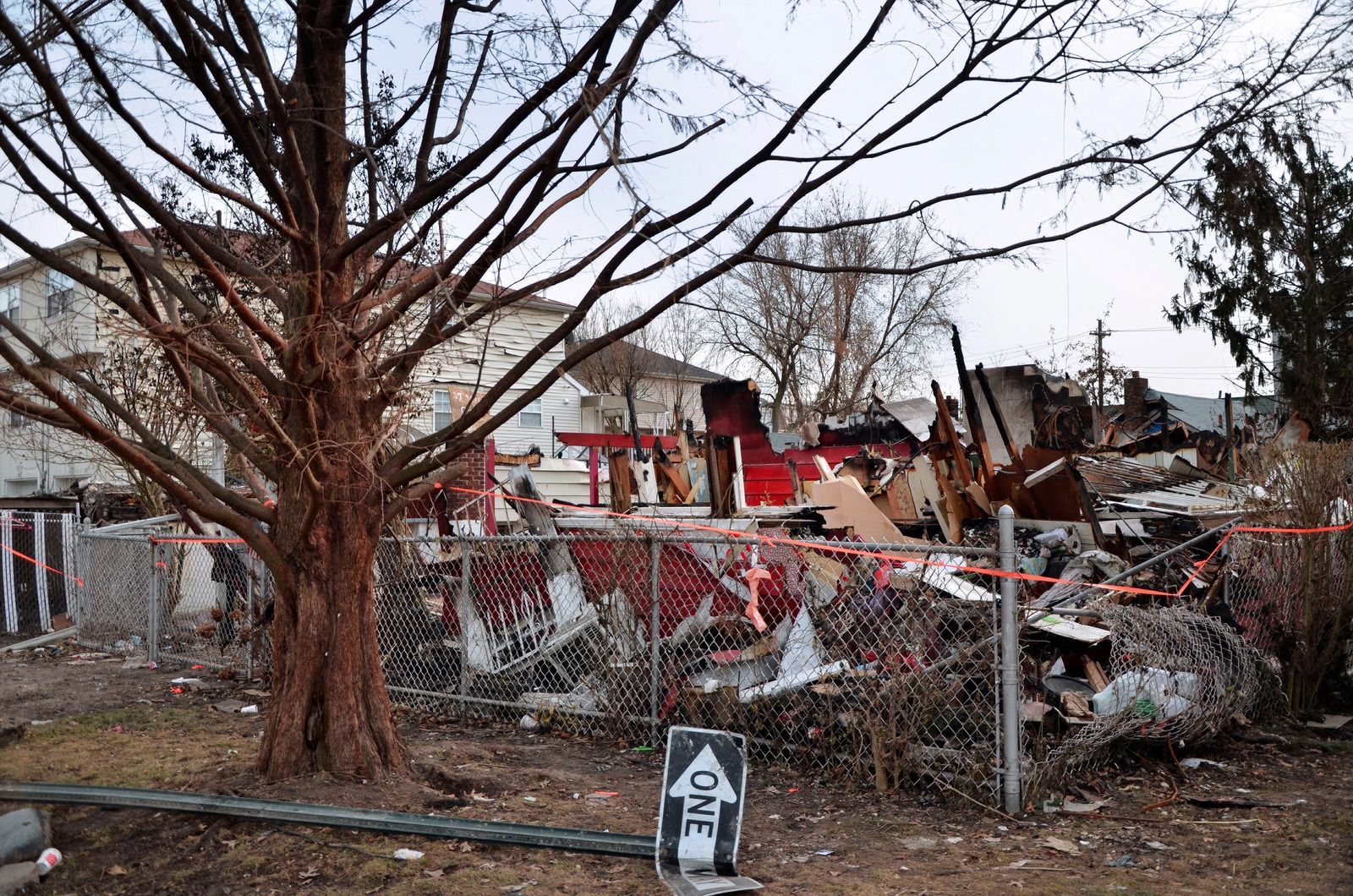

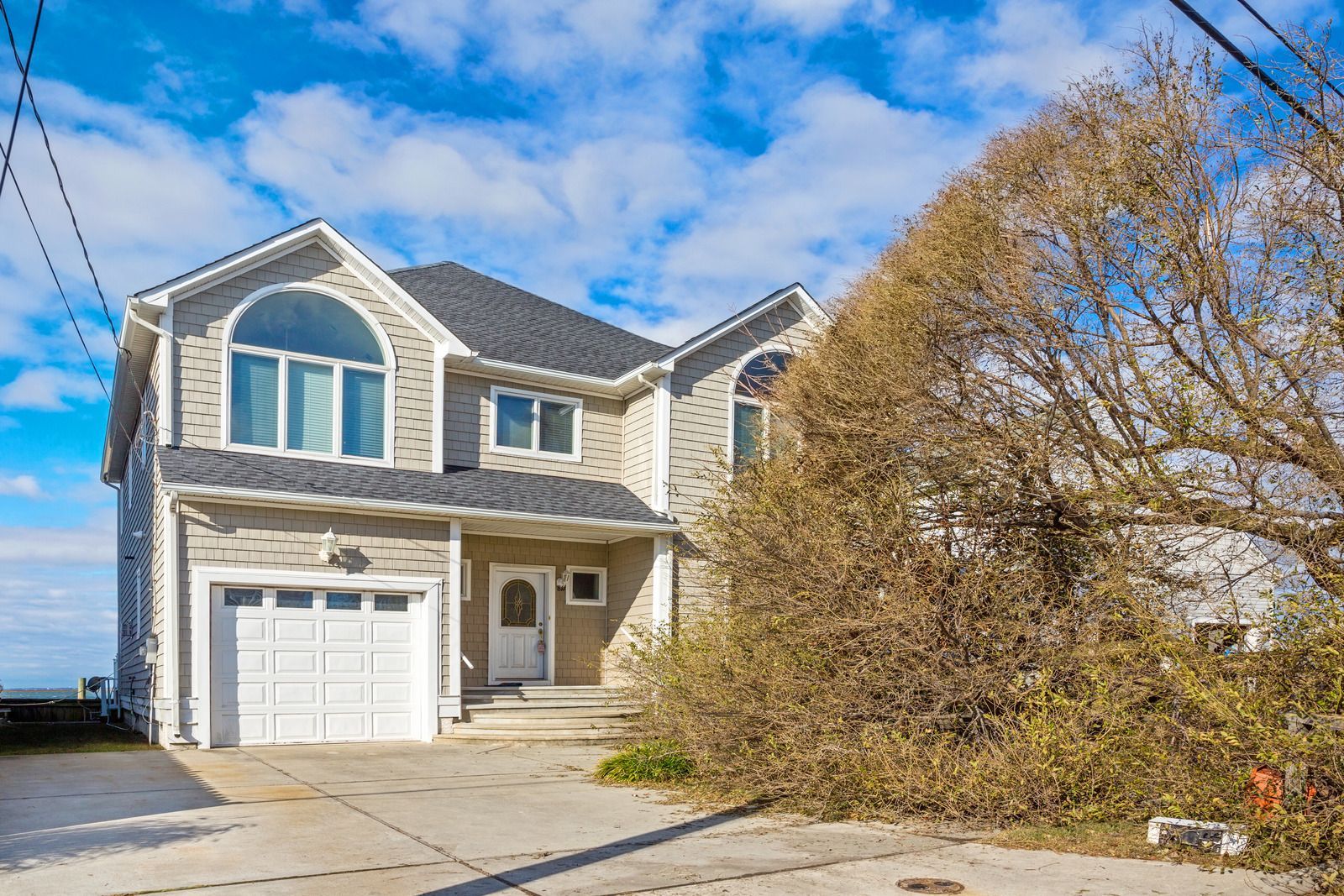
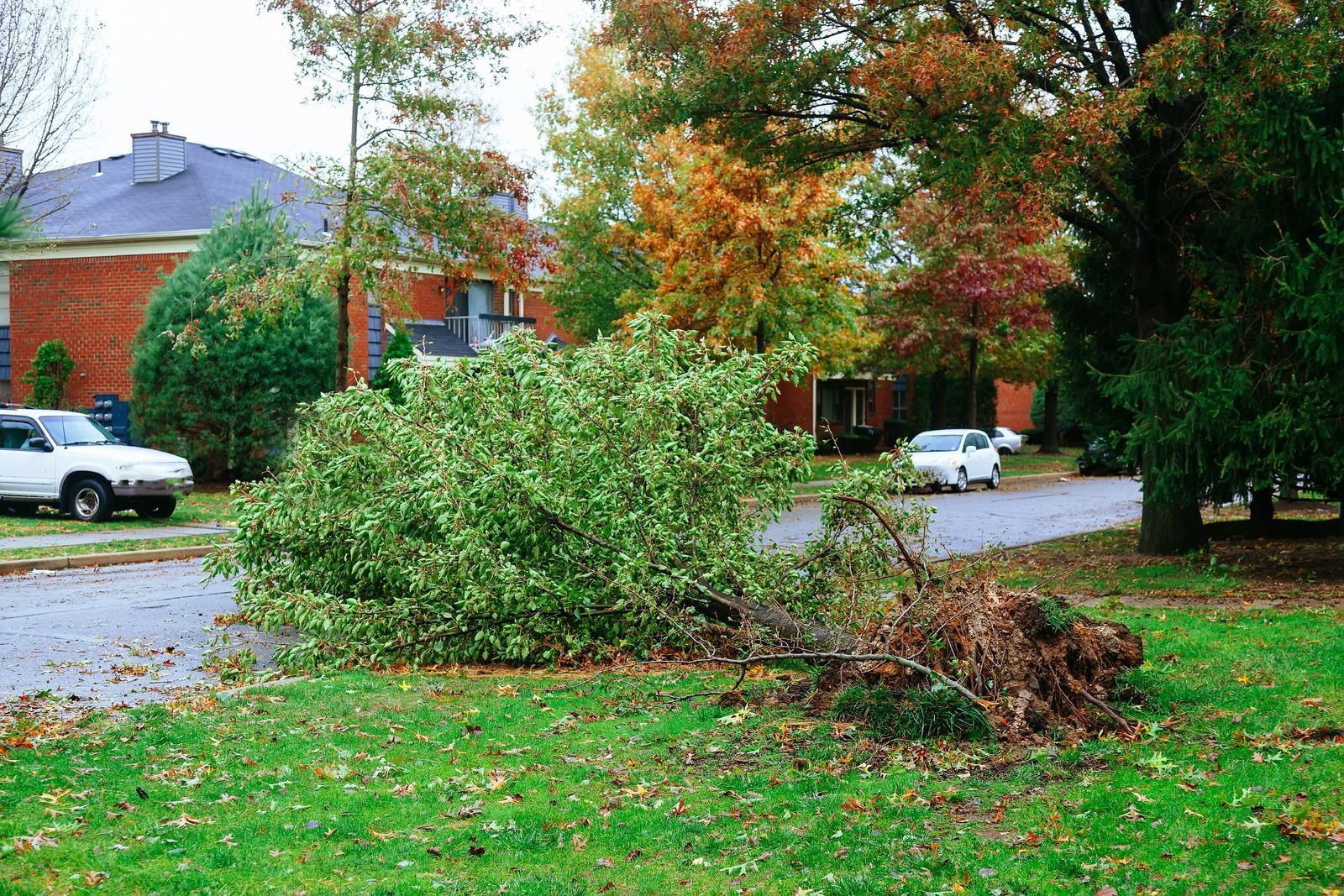
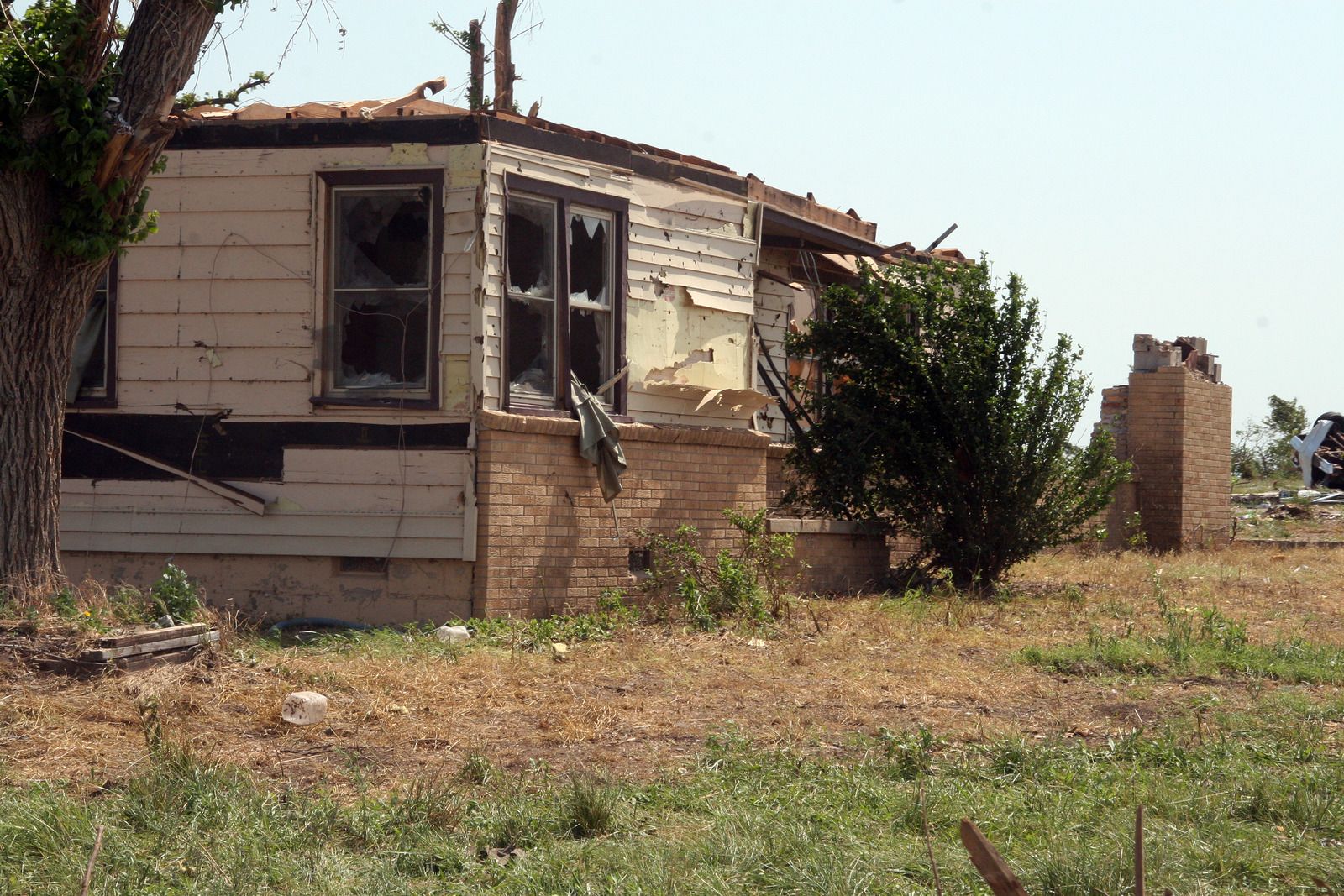

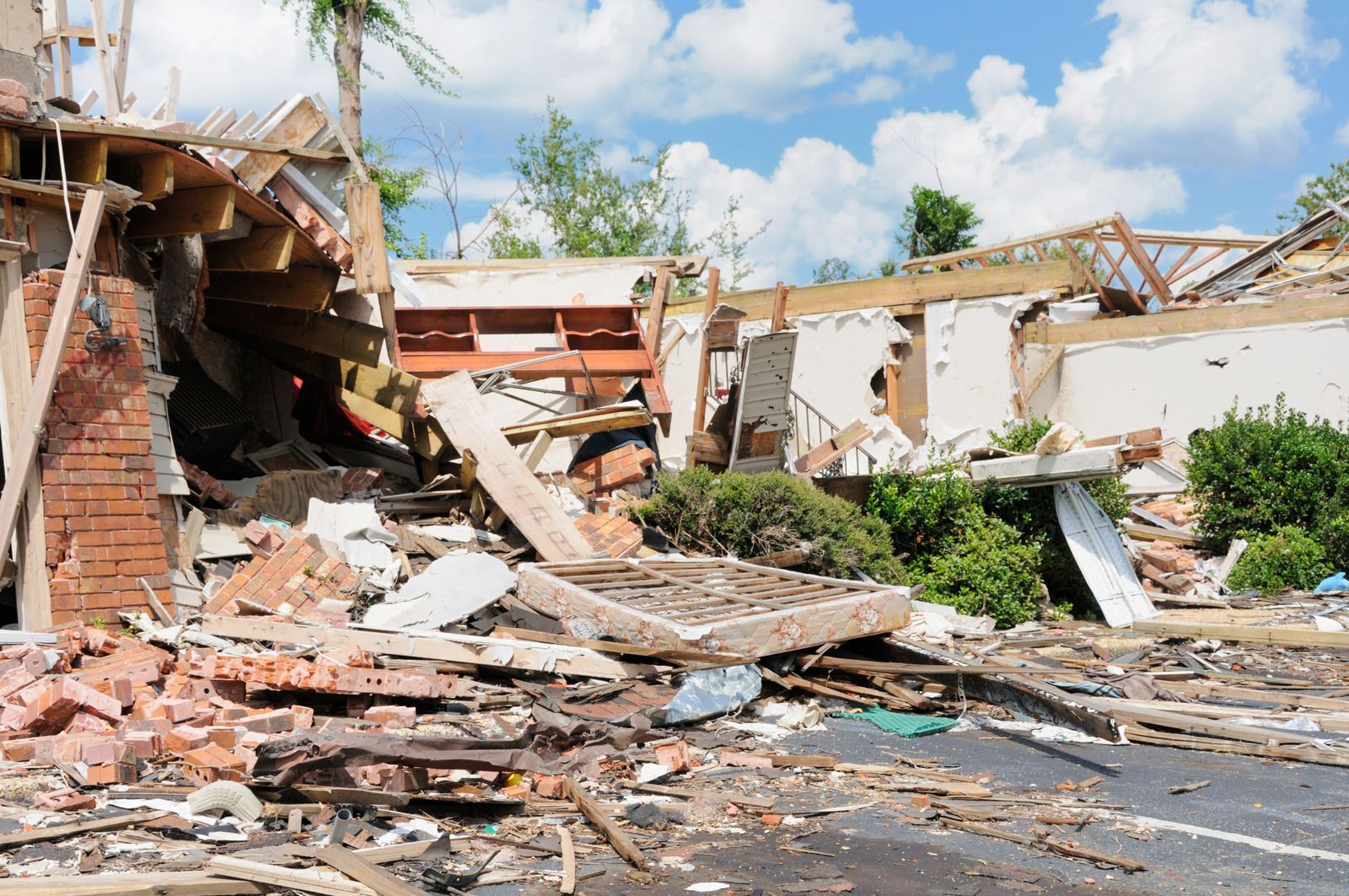
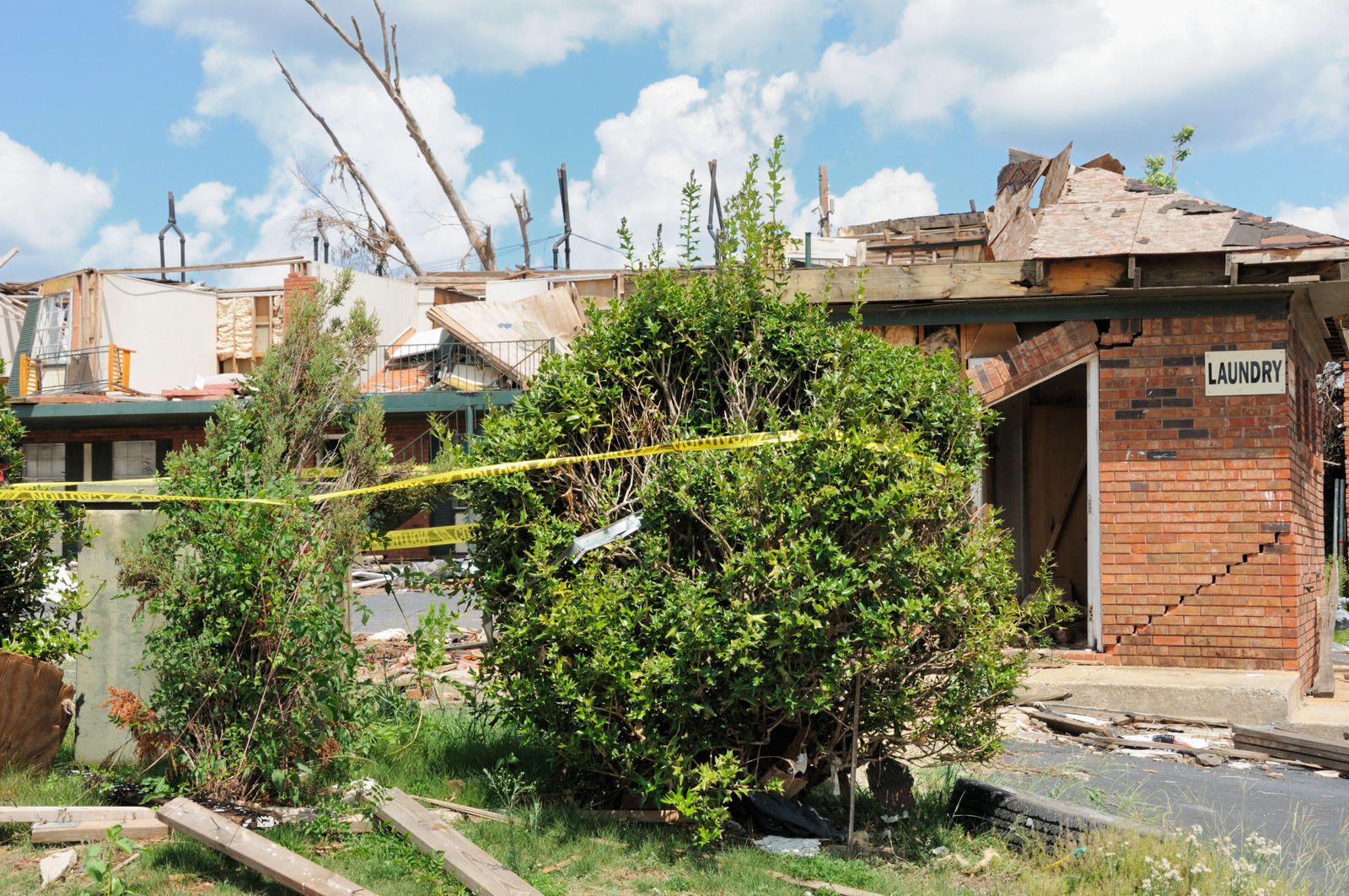
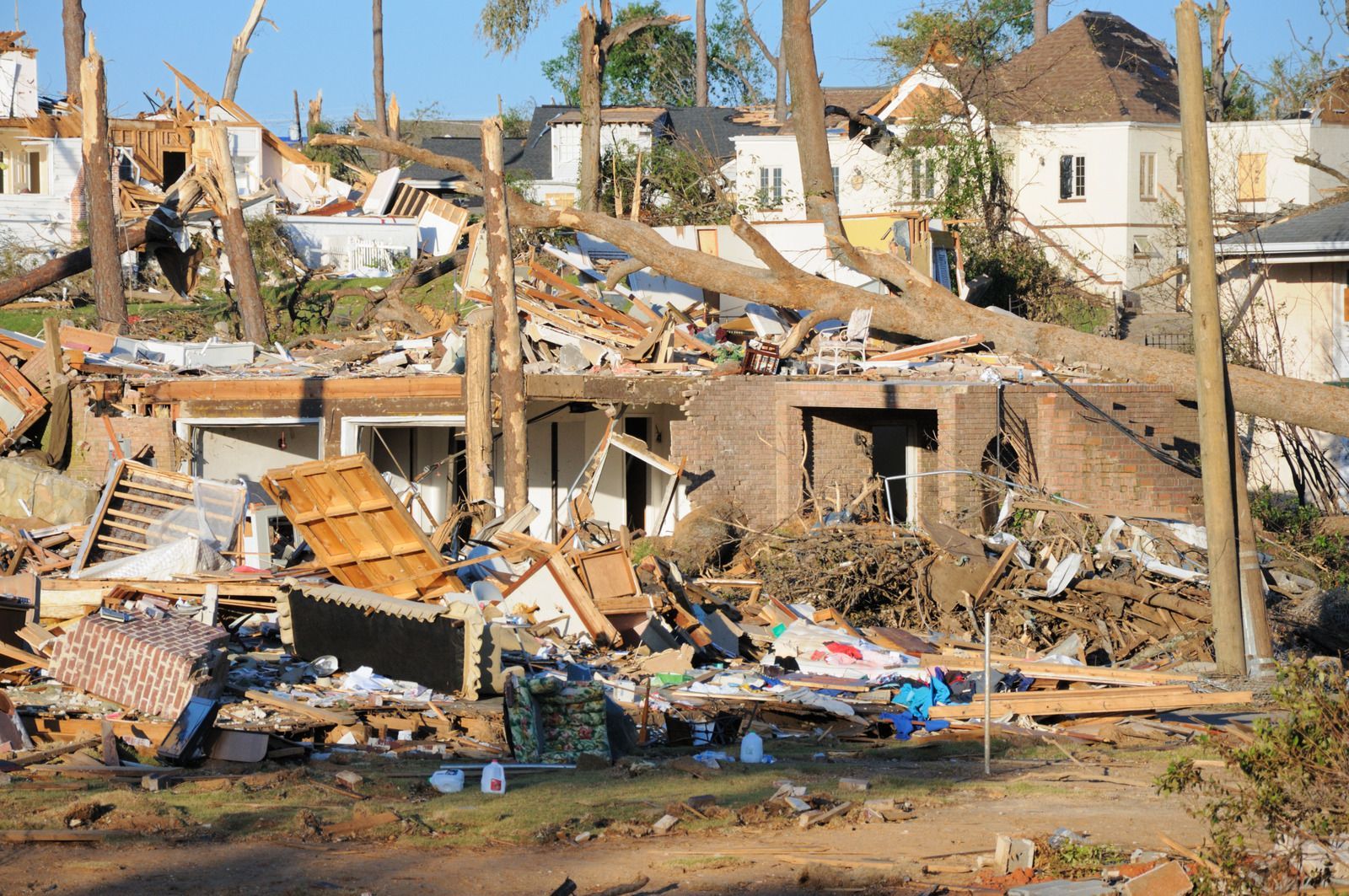
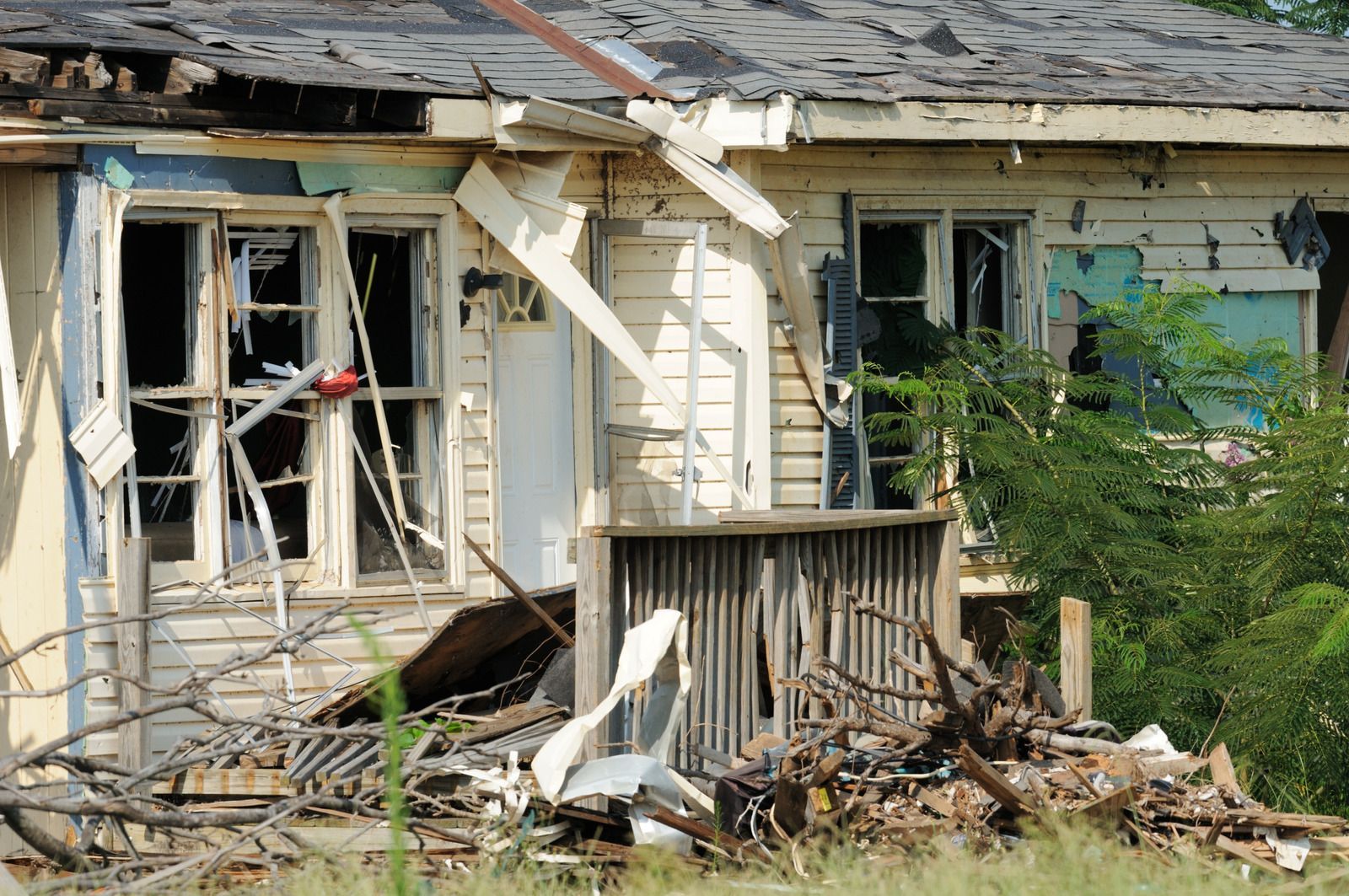

Contact Us Today!

